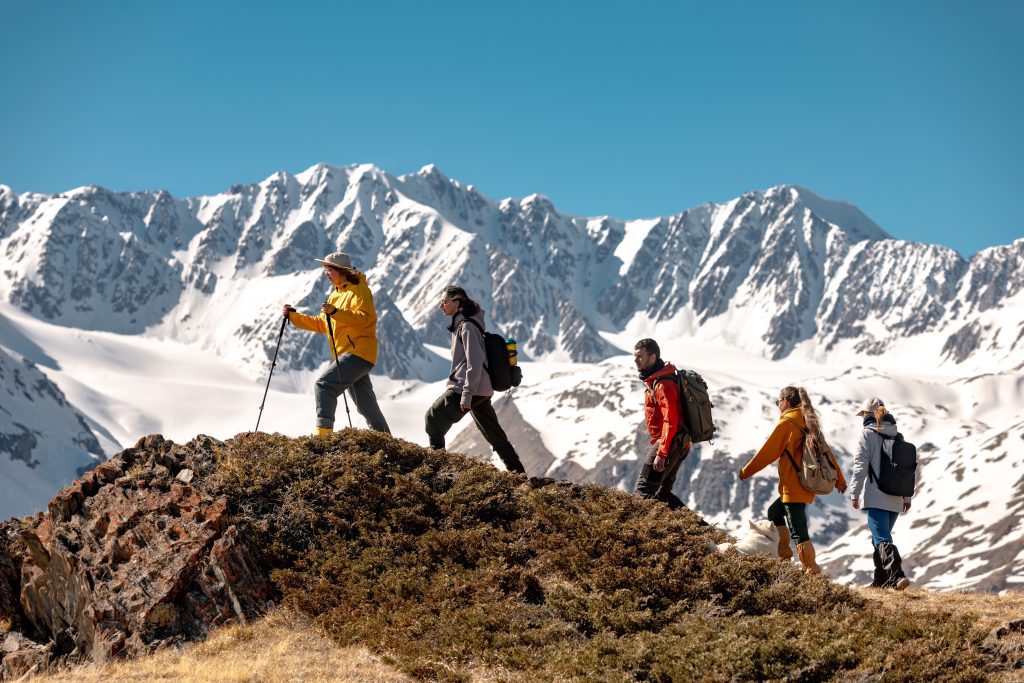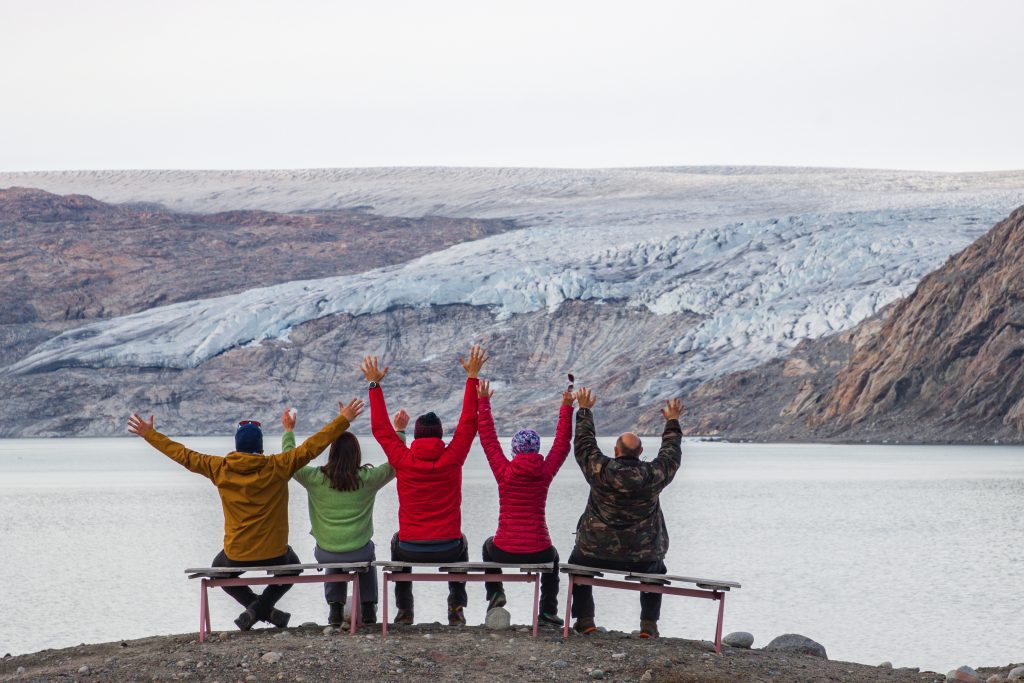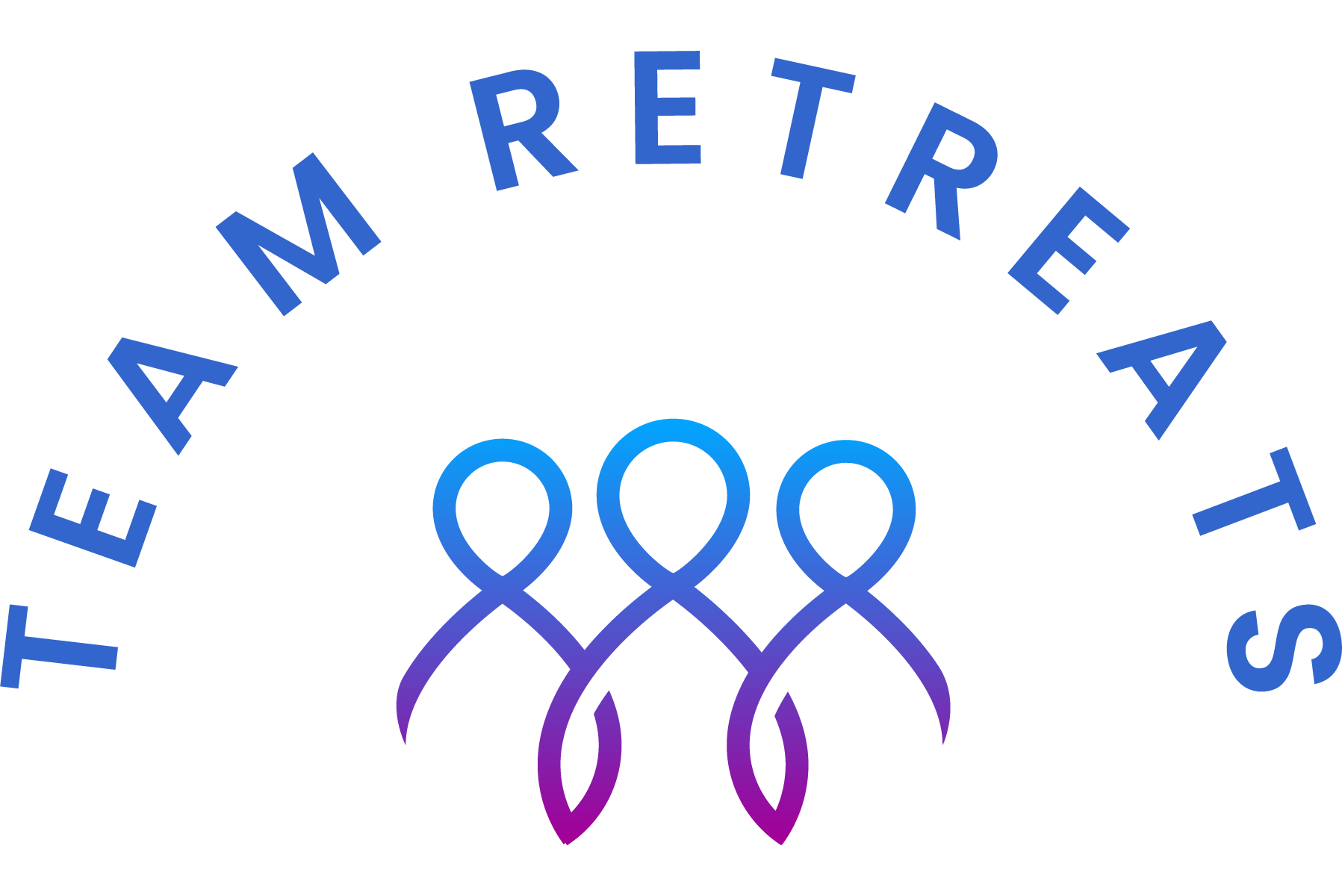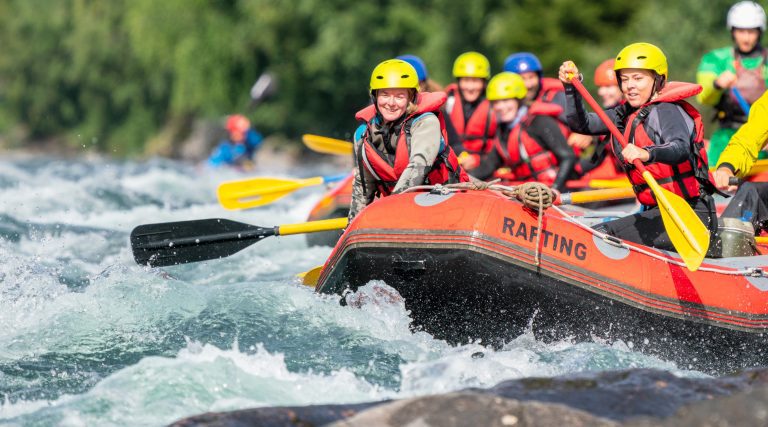Slack messages. Zoom calls. Project management tools.
In many companies, collaboration appears smooth – at least on the surface. But true connection, trust, and a real sense of “we” don’t come from digital tools alone. They emerge through shared, human experiences.
A well-designed team retreat creates the space for exactly that. It helps people connect on a deeper level, strengthens soft skills, and transforms colleagues into a cohesive team.
Why Relationships Matter More Than Perfect Processes
Processes and KPIs may dominate the daily workflow, but the biggest lever for sustainable team performance lies beneath the surface.
Trust, psychological safety, and openness can’t be enforced – they must grow through genuine connection.
Retreats take teams out of the routine – and into real conversations.
Away from deadlines and distractions, they offer space for reflection, dialogue, and shared experiences. This is where true transformation begins.


Team Building That Lasts: More Than a Climbing Park Event
Many companies rely on classic team-building activities – escape rooms, paintball, high ropes courses. These are fun, sure – but:
They often lack long-term impact.
A retreat blends methods from coaching, group facilitation, and team development with outdoor activities, mindful sessions, and shared downtime in inspiring locations.
The result:
- Lasting learning and insight
- Emotional bonding beyond roles
- Visible changes in team behavior and culture
Soft Skills Training Without PowerPoints
Retreats turn soft skills into lived experience:
- Communication: Practicing real listening and honest expression
- Empathy & perspective-taking: Through reflections and guided conversations
- Giving & receiving feedback: In a safe, respectful environment
- Conflict skills: Simulated or real moments of tension, supported by moderation
- Trust & resilience: Built through nature, silence, and shared challenge
It happens not in a conference room – but around a campfire, on a hike, or while preparing food together.


How Retreats Shift Team Dynamics
Before the retreat:
- People work next to each other. Meetings are task-focused. Emotional distance remains.
During the retreat:
- New conversations unfold. Conflicts surface. Shared experience creates bonding.
After the retreat:
- Communication is clearer, feedback more open, and collaboration more supportive.
The entire dynamic changes – and it lasts.
A thoughtfully designed retreat can shape your team culture more effectively than a year of weekly meetings.
Sample 3-Day Retreat for Building Relationships
Day 1 – Arrive & Break the Ice
- Welcome circle or shared journey
- Deep icebreaker prompts (e.g., “What’s on my mind right now?”)
- Cooking dinner together as the first bonding moment
Day 2 – Build Trust & Openness
- Guided team workshop (e.g., feedback methods, empathy exercises)
- Outdoor activity with collaborative challenges
- Evening campfire with reflective question: “What do I need to thrive in this team?”
Day 3 – Integrate & Look Ahead
- Walk & talk in small groups
- Values or vision workshop
- Closing round with team commitments: “What do I take home from this?”



Retreats for Remote & Hybrid Teams: More Important Than Ever
Especially in remote or hybrid teams, informal bonding is often missing. A retreat doesn’t replace daily collaboration – but it lays the emotional foundation for long-term digital teamwork.
Teams that trust each other on a human level work differently – no matter the distance.
Long-Term Impact: What Stays After the Retreat
A powerful retreat leaves more than memories:
✅ New habits for check-ins and emotional sharing
✅ Better conflict management and feedback culture
✅ Clearer roles and stronger mutual support
✅ Increased trust – even in times of change and stress
That’s why many companies use retreats as a recurring element of their team culture – annually or after major shifts like leadership changes or rapid growth.
What Makes a Retreat Truly Effective
Not every retreat delivers deep impact. These factors matter:
- Clear goals defined beforehand
- Focus on relationships, not productivity
- Experienced external facilitation
- Space for open conversations and downtime
- Nature, new perspectives, and meaningful shared activities
Conclusion: Retreats Create Real Teams
A retreat is not a reward – it’s a strategic investment in your team’s culture and cohesion.
It’s about more than motivation. It’s about turning colleagues into a real team – one that trusts, connects, and grows together.
Plan Your High-Impact Retreat Now
Ready to strengthen your team’s relationship dynamics and soft skills? Let’s design a retreat that creates true connection and lasting change.



